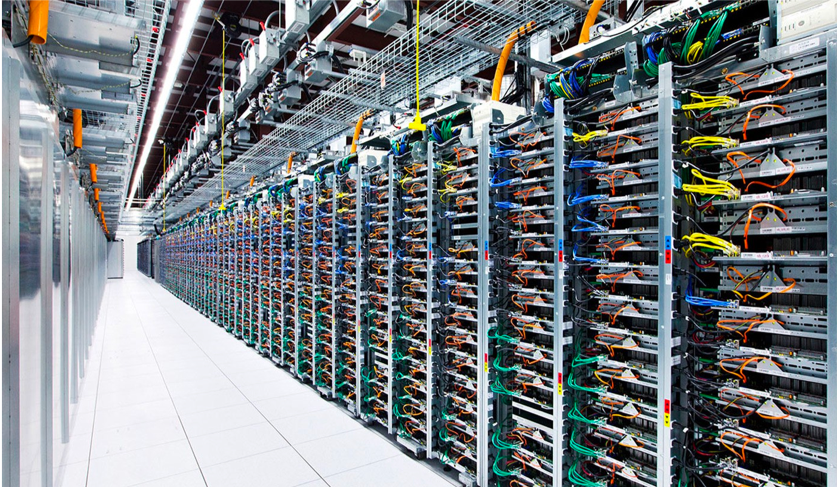Data Center
In the past, companies had to build and maintain their own data centers to host their applications and data. This was a costly and complex undertaking. The cloud has changed all that. Now, companies can rent computing resources from cloud providers such as Amazon Web Services (AWS) and Microsoft Azure. This can be a more cost-effective and scalable way to manage IT infrastructure.

Need to maintain own DC
However, there are a number of reasons why a company might choose to stick to its own data center, even after moving to the cloud. These reasons include:
- Compliance requirements: Some industries, such as healthcare and finance, have strict data privacy regulations. These regulations may require companies to store certain data on-premises.
- Performance and reliability: For some applications, such as real-time data processing and mission-critical applications, companies may need the performance and reliability that only a dedicated data center can offer.
- Security concerns: Some companies may be concerned about the security of their data in the cloud. By keeping their data on-premises, they can maintain more control over security.
- Data sovereignty: Some companies may need to keep their data within a certain geographic region for regulatory or compliance reasons.
Note
In addition, some companies may simply prefer to have their own data center. They may have the expertise and resources to manage their own infrastructure, and they may want to avoid the potential vendor lock-in that can come with using a cloud provider.
Industries using their own DC
Here are some examples of companies that might stick to their own data centers:
- Financial institutions: Banks and other financial institutions have strict data privacy regulations that they must comply with. They also need to ensure that their systems are highly reliable and available.
- Government agencies: Government agencies often have sensitive data that they need to keep secure. They may also have specific requirements for where their data can be stored.
- Healthcare organizations: Healthcare organizations need to protect their patients' sensitive medical data. They also need to ensure that their systems are highly reliable and available.
- Enterprises with mission-critical applications: Enterprises with mission-critical applications, such as ERP and CRM systems, may need the performance and reliability that only a dedicated data center can offer.